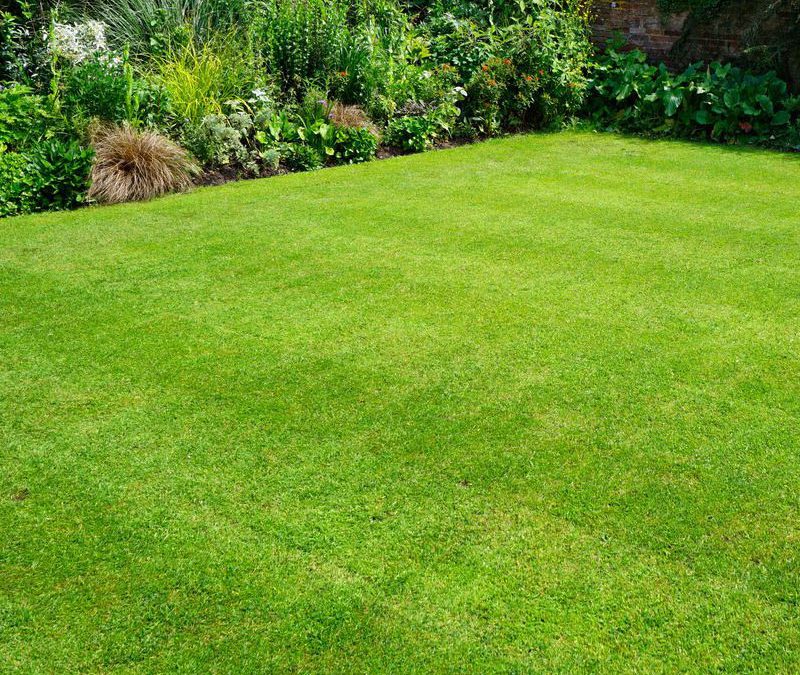Spring Turf Transition to Warm Season Grass. 
If you have a lawn or even a small accent patch of grass, you know that a lot of care goes in to keeping your lawn looking healthy and manicured. Here are some tips to help transition your winter rye grass into summer bermuda with the warm season fast approaching:
1. Lower your mow height to reduce the turf canopy of the rye. Bermuda grass needs sunlight to grow, and the rye grass will hinder its progress with too much shade.
2. Verticut the lawn to allow sunlight to penetrate through the canopy and into the lower dormant bermuda below.
*Verticutting is similar to dethatching but NOT the same. When you verticut, you thin out only the grass leaf tissue without disturbing the soil or root system. Use a self-propelled unit with vertical blades to thin out the canopy. Dethatching removes built up organic matter by penetrating much deeper into the soil.
3. Watch your fertilizer rates during this time. You can use a slow release fertilizer with a low dose of nitrogen to help keep your lawn color a darker green.
4. If your lawn holds standing water, aerating the soil could be helpful to allow that water to disperse and reach the deeper roots within the soil.
5. Increase your mowing frequency to 2 X per week to prevent the turf canopy from re-building.
6. Gradually reduce your irrigation around March/April to stress out the rye grass (when soil temps reach 64 degrees). A good estimate is to use 70% of your normal water rate.
*It is important not to cut off the water completely! Attempting to choke out your rye grass by doing this will also stunt the bermuda that is trying to grow back.
7. Once soil temperature is 64 degrees apply a turf transition booster fertilizer to jump start the bermuda growth.
Don’t worry if you have a period where your lawn gets a yellow to brown tint….this is just the rye grass stressing out and dying off. This is important because the canopy will lessen and allow more sunlight for the bermuda. Verticutting or raking up this dead material will help even more. Be patient, and in no time you will have a healthy summer lawn!


